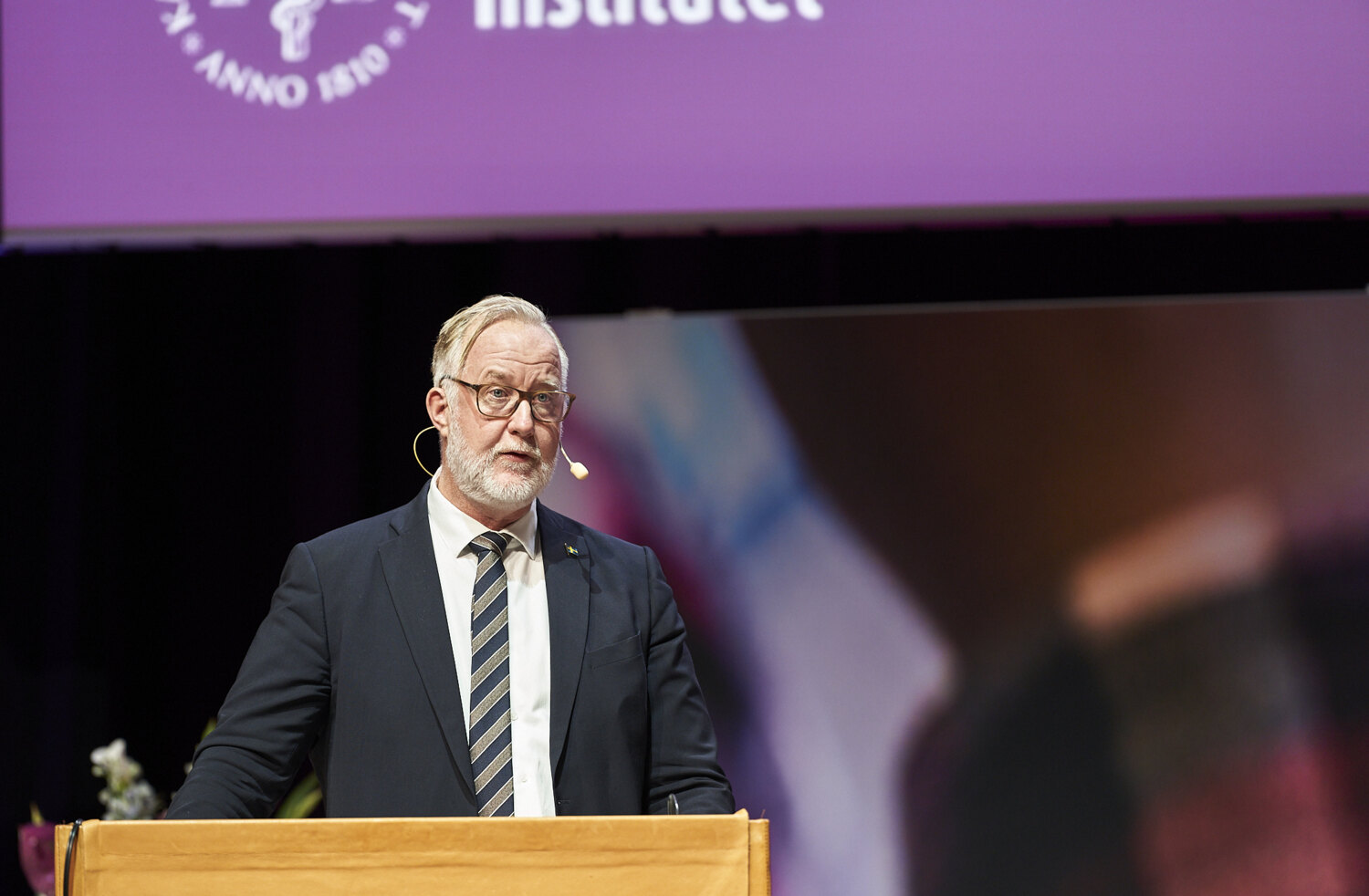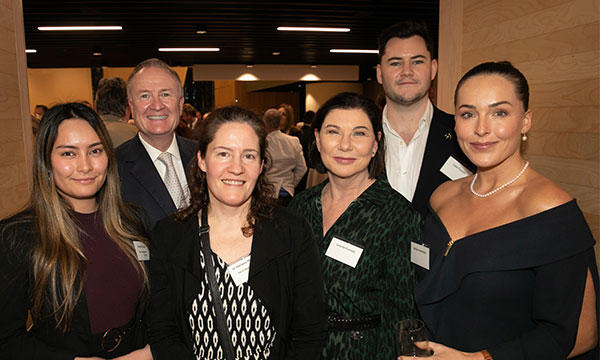The Royal Australian College of General Practitioners (RACGP) has warned that falling bulk billing rates are a sign of things to come and that urgent action is needed to boost GP care so that no patients are left behind.
It comes following the federal Government releasing (Q1 2022-23) which show the quarterly bulk billing rate has dropped from 87% to 83.4%. The RACGP has consistently that a growing number of GPs are ditching bulk billing, with the key underlying factor being inadequate Medicare rebates for patient consultations.
Bulk billing involves a GP billing Medicare directly for a patient’s medical or allied health service and accepting the Medicare benefit as full payment for their service meaning the patient pays nothing out of pocket.
RACGP President Dr Nicole Higgins said that the figures are a worrying sign of an underlying problem.
“General practice care needs a shot in the arm, or more and more patients will be required to pay out of pocket,” she said.
“The 83.4% figure is probably a lot worse than initially appears too because there is an important distinction between the proportion of GP services that are bulk billed and the proportion of patients who had all their GP consults bulk billed. So, for example, we know in the previous term of government there were claims that bulk billing was sitting at a healthy 88% but a more critical look at the data revealed that the percentage of patients who had all their GP care bulk billed was sitting at just two thirds nationally in 2020 and 2021. For some jurisdictions, the figure was much lower.
“Patients who see their GP regularly with complex conditions that require careful management, such as asthma and diabetes, inflate the proportion of GP services that are bulk billed. What all this means is that the statistics are even more alarming than you would initially assume.
“The reason for this is simple – Medicare rebates simply have not kept pace with the cost of providing high-quality patient care. As a result, practices are under strain, and many are making the difficult but necessary decision to stop bulk billing some or all of their patients and move to a private or mixed billing model. This follows many years of under-investment in general practice care including the six year-long Medicare rebate freeze. This freeze applied to all Medicare items and is still being keenly felt today. In fact, it’s estimated that the freeze and indexation below the Consumer Price Index, or CPI, sucked almost $2 billion from the sector.
Dr Higgins said that the RACGP was focussed on positive solutions.
“There is no point looking in the rear vision mirror, action is needed now to get on top of this problem to ensure all patients can access the care they need when they need it from their regular GP,” she said.
“The Government must boost investment for patients to secure the long-term viability of the general practice care. This will enhance accessibility to GP care and, in the process, relieve pressure on the entire healthcare system including our under-pressure hospitals and emergency departments.
“We know what the solutions are – it’s just a matter of making it happen. It is positive that the Government has dedicated $750 million to enhancing Medicare and as President I look forward to being a constructive and valued member of the Strengthening Medicare Taskforce. This taskforce was established by the new federal Government to focus on improving patient access to general practice and reducing pressure on our hospitals.
“I will work with the Government to find solutions that includes lifting Medicare patient rebates to a level that actually reflects the practicalities of providing care amidst rising costs and an ageing population. Let’s work together, get this done, and make sure that no patients fall between the cracks of our health system.”
In the college’s October 2022-23 Pre-Budget the RACGP called for reforms to:
- increase Medicare rebates for longer consultations, and create a new Medicare item for GP consultations longer than 60 minutes
- invest in rural and remote health by increasing incentives that recognise the unique role of rural-based GPs and encourage GPs to work in rural communities
- support longer telehealth phone consultations lasting more than 20 minutes
- introduce new service incentive payments to better care for older people, those with mental health conditions and people with disability
- additional support for patients to see their GP within seven days of an unplanned hospital admission or emergency department presentation.
The RACGP’s (Vision) outlines the urgent need to restructure the healthcare system into one that provides the right care for patients at the right time and in the right place, and that is sustainably funded into the future. It will also promote health equity for demographic groups who disproportionately rely on secondary care including treatment in hospitals.
PricewaterhouseCoopers Consulting would create substantial economic benefits by reducing the need for more expensive secondary care and improving the nation’s productivity through a healthier workforce.
~







